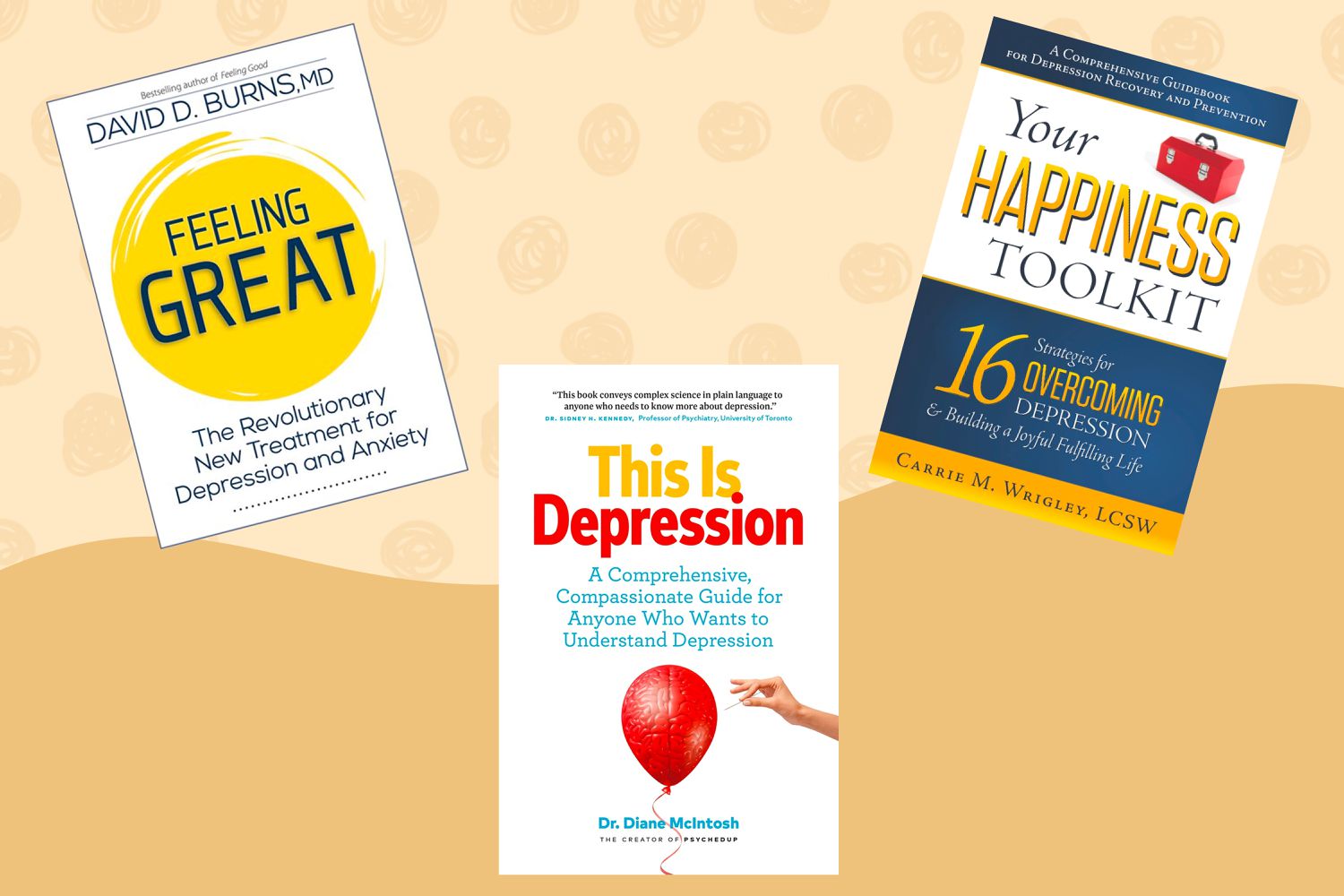Nutritional support can improve sleep quality by promoting the production of sleep-inducing hormones and providing essential nutrients for neurotransmitter synthesis. A balanced diet with adequate intake of nutrients such as tryptophan, magnesium, b vitamins, and omega-3 fatty acids is essential for optimizing sleep quality.
Quality sleep is vital for overall health and well-being. However, many people struggle with sleep issues such as insomnia or poor sleep quality. While there are various factors that can influence sleep, nutrition plays a significant role in determining the quantity and quality of our sleep.
The food we consume has a direct impact on our brain chemistry, hormones, and neurotransmitters, all of which play crucial roles in regulating sleep. By understanding the connection between nutrition and sleep, we can make dietary adjustments to improve our sleep quality. We will explore the importance of nutritional support for better sleep quality and highlight specific nutrients that can positively impact our sleep patterns.

Credit: www.health.harvard.edu
The Impact Of Diet On Sleep Quality
Diet plays a crucial role in sleep quality. Macronutrients have a direct impact on our sleep patterns. Deficiencies in micronutrients can disrupt our sleep. Caffeine intake is linked to sleep disturbances, so it’s best to limit consumption. Certain foods can promote deep, restful sleep, such as cherries and kiwis.
Other sleep-friendly foods include almonds, walnuts, and fatty fish rich in omega-3 fatty acids. Incorporating these foods into your diet can help improve sleep quality. Along with a balanced diet, creating a consistent sleep schedule and practicing relaxation techniques can further enhance your sleep.
Proper nutrition is key to enjoying a good night’s sleep and waking up refreshed. So make wise dietary choices and prioritize better sleep for overall well-being.
Nutritional Strategies For Better Sleep
Incorporating sleep-friendly foods into your diet can improve sleep quality. Timing your meals strategically plays a vital role in optimizing your sleep. Staying hydrated throughout the day also promotes better sleep. Including supplements in your routine can enhance sleep quality and help you relax.
By following these nutritional strategies, you can support a good night’s sleep and wake up refreshed. So, take care of your diet, meal timing, hydration, and consider incorporating supplements for better sleep quality. Prioritizing these aspects can lead to improved overall sleep and general well-being.
Lifestyle Changes For Quality Sleep
Exercise has a significant impact on sleep quality. It can help regulate sleep patterns and improve overall sleep. Managing stress and anxiety is another lifestyle change that can promote better sleep. By reducing stress levels, you can find it easier to fall asleep and stay asleep throughout the night.
Additionally, creating a sleep-friendly environment in your bedroom can contribute to better sleep quality. This includes keeping your room cool, dark, and quiet, as well as using comfortable bedding and pillows. Finally, establishing a consistent sleep schedule is essential for maintaining good sleep quality.
Going to bed and waking up at the same time each day helps regulate your body’s internal clock and promotes better sleep. Implementing these lifestyle changes can provide nutritional support for better sleep quality.
Conclusion
Incorporating the right nutrients into your diet can have a significant impact on your sleep quality. The foods and supplements mentioned in this blog post are backed by scientific research and are known to promote better sleep. By including these ingredients in your meals and bedtime routine, you can nourish your body and promote a more restful night’s sleep.
Remember, getting adequate and high-quality sleep is crucial for overall health and well-being. So be sure to prioritize your sleep and make nutrition a key element in your quest for better sleep. With small changes to your diet, such as adding more magnesium-rich foods or herbal teas, you can optimize your sleep routine and wake up refreshed and ready to take on the day.
Sweet dreams!

